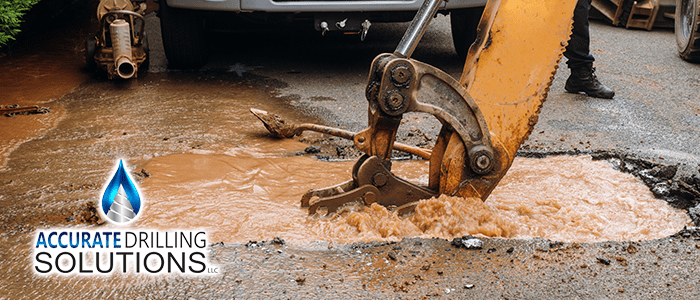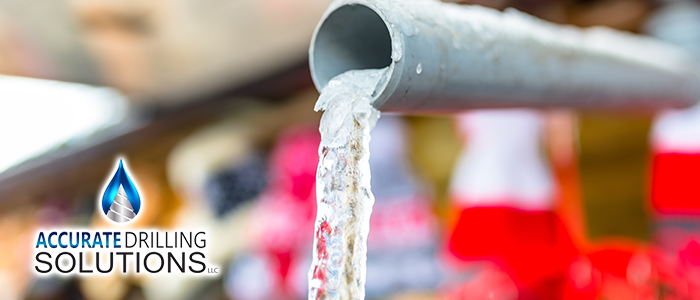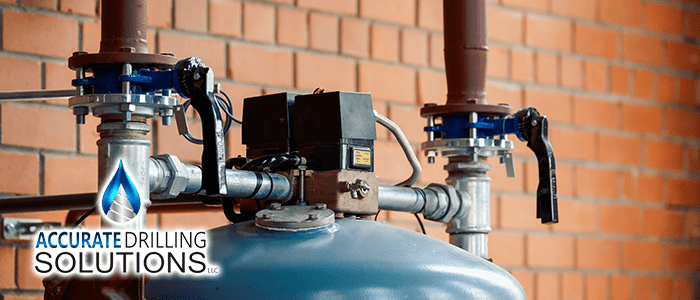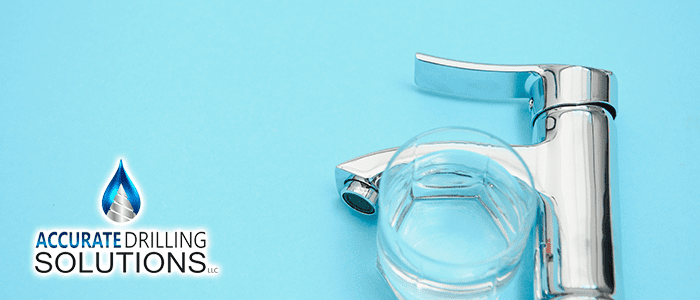
Can A Water Well Leak
When we think about water leaks, we usually think about our plumbing systems. As the owner of a well, you may wonder if water wells can leak, too. The signs of a leak are pretty obvious with plumbing: You have dripping pipes, water stains, and you can hear rattling as air enters the system. With a well, the major components are a hundred feet underground. So how can you detect a leak underground? Will a leak destroy your well? Luckily, the signs can be fairly obvious, and you can address them early. This article will cover the most common warning signs of a damaged well casing.
Low Water Pressure
One of the most common indicators for well problems is a low flow rate. This manifests as low pressure and sputtering taps. If your well pump is healthy and has recently stopped performing, water may be leaking out of your casing. As the situation gets worse, so will your flow rate, and your pump will become stressed. You should have your well inspected at the first sign of flow rate or pressure problems to rule this out.
Short-Lived Filters
A water filter in your treatment system should last you a good few months. If you’re changing your filter more often, that’s a sign that it’s working harder than it needs to. While leaks will cause changes in your water’s quality over time, your filter will first absorb the brunt of the damage. Because they’re doing more work than they’re intended to do, they’ll wear out faster than normal. Eventually, they will fail entirely, and you’ll notice your water quality degrading. Have your system inspected if you’re burning through filters.
Contaminated Water
When people hear ‘contamination,’ they tend to think about things like chemicals or diseases. However, an equally worrying contaminant is particulate matter. If your water has visible dirt, sand, or mineral particles floating around in it, this is a telltale sign that your casing is damaged. Well casings exist to keep these materials out of your well. If your pump is at the proper depth, you’ll only see debris if there’s a leak in that casing. Naturally, this marks a drastic decline in your water’s quality, and using it can result in damage to your equipment. At this point, if you haven’t called a professional, you need to before the damage gets worse.
What Causes A Well Leak?
Corrosion and seam damage are the most common causes of leaks. There can also exist objects in the soil that apply uneven pressure to the casing. As temperatures change, this can create fracture points in the well’s casing. Lightning strikes can even play a factor here. You can’t detect or avoid all of these problems, but you can help prevent leaks.
Most preventative measures come down to being aware of how you’re using your well. For example, if your pump is rattling because the water level is low or the pump is over cycling, you can be generating heat in the well. Keeping your pump at the proper height and replacing old, damaged pumps will help protect your casing. You should also test your water regularly, as some forms of bacteria thrive in areas that can produce rust. They can increase the damage caused by corrosion, spreading it through the casing.
The best thing you can do to prevent damage is work with professionals who know water well systems. Inspect your well when anything changes, and keep a close eye on how everything runs. If you notice any of these signs of leakage, give Accurate Drilling a call. Early detection can prevent expensive, lasting damage. To learn more about water well maintenance, visit our website.
continue reading
Related Posts
Tampa Well Water Quality: Your Complete 2025 Guide Well water
Addressing Water Pressure Issues in Wells: Expert Solutions Water pressure
Benefits of Water Filtration Systems for Well Owners in Central





